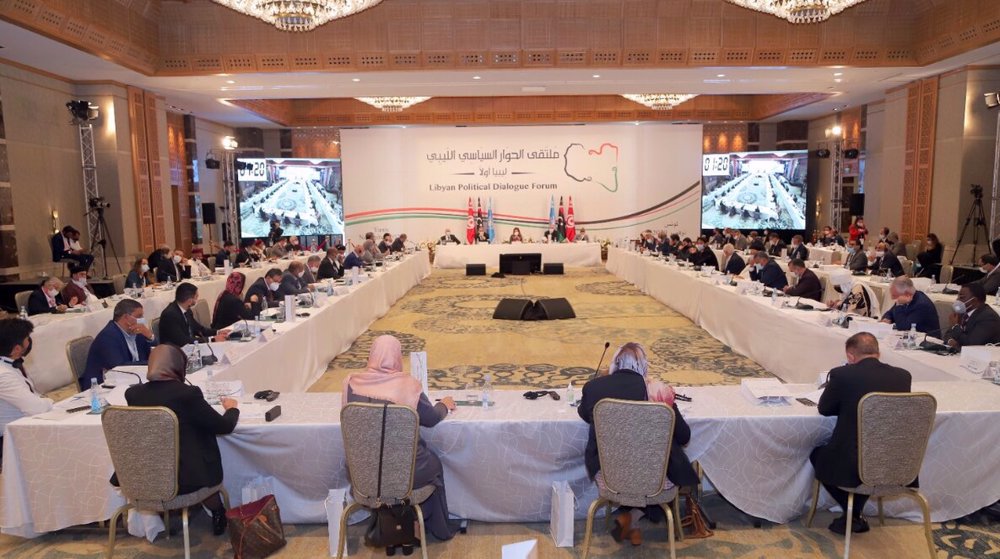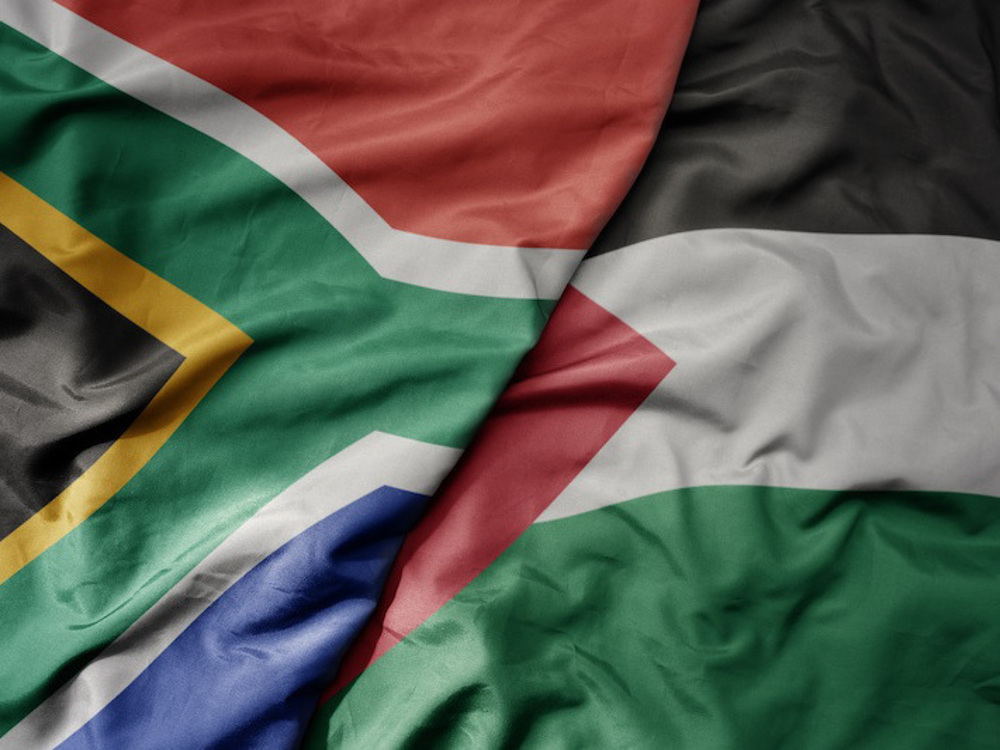Libyans launch new round of political talks led by UN ahead of elections
Delegates from Libya have launched a new round of UN-led talks aiming to reach a compromise ahead of planned elections in December.
The Wednesday meeting, held via video conference, comes six weeks after the failure of negotiations between the 75 participants from all sides gathered in Switzerland for the Libyan Political Dialogue Forum.
Due to a lack of consensus among the delegates, the United Nations Support Mission in Libya (UNSMIL) was at pains to admit the failure of that session after four days.
The forum will once again try to agree on a constitutional framework later in the day to manage the crucial upcoming parliamentary and presidential elections.
Meanwhile, in a speech marking the anniversary of the founding of his so-called Libyan National Army (LNA) earlier this week, the self-styled commander of Libya's rebel forces, Khalifa Haftar, said his armed militia will not be subordinate to the current Libyan government, claiming that they would only submit to a popularly-elected authority.
UN condemns abduction of Libyan government official
On Tuesday, the UNSMIL condemned the “abduction” on August 2 of a Libyan politician and said in a statement that it was “deeply concerned about the abduction and disappearance of Mr. Rida Faraj Fraitis, Chief of Staff of the First Deputy Prime Minister of the Government of National Unity.”
Fraitis was abducted by “unidentified armed men” along with a colleague after he visited the Government of National Unity (GNU) premises in the capital Tripoli, UNSMIL said, adding that it “fears for their safety and security.”
The kidnapping is the latest in a series of events that cast doubt on the progress being made in the war-torn country for the planned ‘free and fair’ national elections on December 24.
The UN noted in its Tuesday statement that documented events such as “illegal arrests and detention, enforced disappearances, torture and extrajudicial killings” over the past year have “serious implications for the peace and reconciliation process and for the full unification of national institutions.”
Years of violence and division began in Libya following the NATO-backed overthrow of former dictator Muammar Gaddafi in 2011.
After the overthrow of Gaddafi, Libya was split between two rival seats of power, namely the internationally-recognized government, and another group based in the eastern city of Tobruk, protected by the rebels.
In March, the new unity government was formed after UN-brokered talks between Libyan factions and will run the country until the December elections.
China ‘firmly opposes’ US military aid to Taiwan
VIDEO | Press TV's News Headlines
President Yoon Suk Yeol to be removed from office
At least 19 Gazans killed by Israeli airstrikes since dawn: Medics
Leader: Iran neither has nor needs proxy forces
US fighter aircraft shot down ‘in friendly fire’ amid aggression on Yemen
Yemeni FM: Israel’s sponsors accountable for ongoing aggression on Sana’a
Eight Palestinians killed as Israel attacks Gaza school, hospitals











 This makes it easy to access the Press TV website
This makes it easy to access the Press TV website